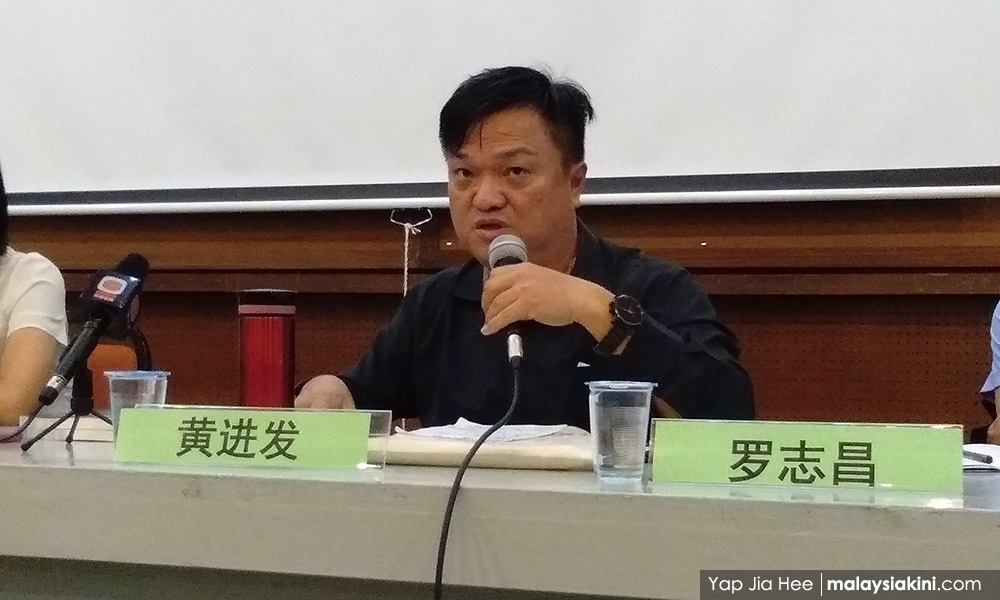
Education Minister Maszlee Malik's attempt at justifying the racial quota applied to the matriculation system has earned him brickbats but the episode has also highlighted existing divisions within Malaysian society.
At a recent dialogue at a public university, Maszlee acknowledged abuses in the bumiputera matriculation quota system and promised to fix it by ensuring that only the deserving would benefit.
However, by linking the quota to job applicants being discriminated for not knowing Mandarin and by saying how the non-bumiputera dominated private tertiary education because they were generally more well-off, he had sparked much outcry.
The Bersatu politician even courted strong opposition from his Pakatan Harapan colleagues, particularly the DAP.
So polarising were Maszlee’s comments that two petitions, one demanding his replacement and another one supporting him, have since garnered tens of thousands of signatures each.
To political analyst Wong Chin Huat, the outcry over Maszlee’s handling of the matriculation debate pointed to prevailing political-racial divisions and urged a reconfiguration.
“The showdown may make both sides - Maszlee and Bersatu on one side, Harapan leaders who slam him on the other side - stronger in their respective communities.
“If that ironically strengthens Harapan’s support, it will also make Harapan more resembling (to) BN - a cynical alliance built on distrust and symbiosis.
“It's time we seriously reflect how we should have our political divisions structured,” Wong wrote in a Facebook post today.
Rather than look at issues through a racial lens alone, the Jeffrey Sachs Center on Sustainable Development senior fellow elaborated that Harapan should address issues based on socio-economic class.
“Socio-economic class should inform where the state aids and preferences should prioritise. But what we have instead (is the) lazy and dishonest generalisation that one category is rich and the other is poor.
“[...] It is important to break down the bumiputera and non-Malay (matriculation) quota by social class, to ensure that the socio-economically most needy - B40 - amongst the politically most powerful - bumiputera - are securely taken care of, and so that discontent over changes may be reduced,” he told Malaysiakini when contacted.
This way of explaining and addressing issues would help “dilute” communal divisions on the ground, Wong added.
Furthermore, it would save Harapan from falling trap of becoming another BN where component parties do not trust each other and thus rally for support from the different ethnic groups despite remaining in the same coalition out of political expediency.
Be honest about constraints
As for Maszlee himself, Wong suggested that the minister could have saved himself much criticism if he had been more upfront about the political constraints Harapan faced with matriculation instead of complicating things by linking it to other issues.
“He should have talked about 'shared initiatives' more. He could (have) explained honestly the government's political constraints.
“By linking the quota to another complex issue of Mandarin mastery as a job requirement, he is digging a bigger hole for Harapan [...]

Admittedly, Wong described the education portfolio as “among the toughest political jobs” as Malaysian society remained deeply divided over education issues.
“Maszlee tries hard to play the balancing act well, but his tendency to talk too much (perhaps carried forward from his past experience as a TV talk show guest) always courts him controversies that overshadow his work.
“Perhaps he should remind himself to say just enough on any topic,” the academic opined. - Mkini


No comments:
Post a Comment
Note: Only a member of this blog may post a comment.